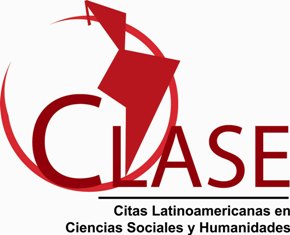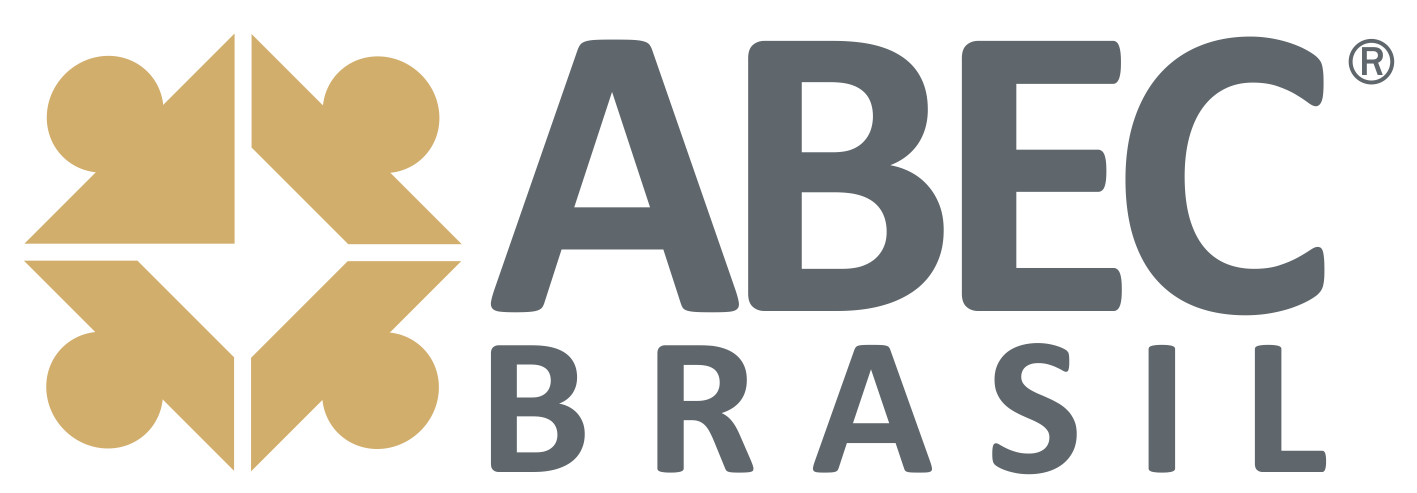HISTORICAL AND METHODOLOGICAL COURSES OF ACTION RESEARCH IN TEACHER FORMATION FOR BASIC EDUCATION
DOI:
https://doi.org/10.22169/revint.v17i40.2271Abstract
This qualitative study aimed to understand the historical and methodological path of action research in the field of teacher formation for basic education in Brazil. Therefore, we organized the research in two stages. In the first one, we sought to contextualize, historically, how action research was introduced in the field of teacher formation in Brazil. In the second part, we analyzed the abstracts of 151 theses and dissertations available in the database of the Brazilian Digital Library of Theses and Dissertations, published in the period from 2000 to 2020. In this second step, data were generated regarding the following descriptors: year of publication, terms used for action research and general objectives. Data were analyzed from the theoretical contributions of Thiollent (2009), Toledo and Jacobi (2013), Tripp (2005), Saul (2010), Larocca, Rosso, De Sousa (2005) and André (2001). The analysis indicates a process of ascendancy over the five decades of insertion of action research in teacher education, with a strong influence of Paulo Freire in the first stage, which corresponds to the period 1971 to 2002. In the last two decades, related to the period from 2000 to 2020, a diversification in the terms used for action research in the field of teacher education was identified. Regarding the objectives presented, especially in the last decade (2011 to 2020), there is a dispersion regarding the intention of the research and the methodological path, since many objectives do not indicate a problem situation, nor do they signal intention to intervene in the field research, coherently with the theoretical assumptions of action research.
Keywords: Education; Teacher formation; Action research; Research Methodology.
Downloads
Downloads
Published
How to Cite
Issue
Section
License
Os direitos autorais dos artigos publicados na Revista são de acordo com a licença CC-BY-ND - Creative Commons ( https://creativecommons.org/licenses/by-nd/4.0/legalcode)
Esta licença permite que outras pessoas reutilizem o trabalho para qualquer finalidade, inclusive comercialmente; no entanto, não pode ser compartilhado com outras pessoas de forma adaptada e o crédito deve ser fornecido ao autor.
Os direitos autorais dos artigos publicados na Revista são do autor, com os direitos de primeira publicação para a Revista





























